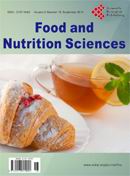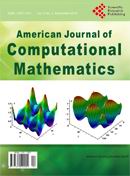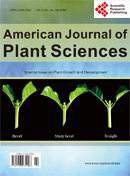 A biologist in India has lost three papers that appear to have been part of a network of duplications.
A biologist in India has lost three papers that appear to have been part of a network of duplications.
One paper published in 2012 was retracted — at the researcher’s request — for copying from a 2010 paper of his. In turn, both papers were duplicated in a paper that was published in 2016, and retracted a few months later. That 2016 paper borrowed from another paper published last year, which was quickly retracted after we contacted the journal.
These papers — by Dilip Kumar Das, listed at T. M. Bhagalpur University in India — were flagged in March by a PubPeer commenter.
In December, Plant Cell, Tissue and Organ Culture (PCTOC) retracted Das’s 2012 paper; here’s the retraction notice:
Continue reading Plant biologist loses three papers that made up a duplication ring
 Earlier this year, a nutrition journal
Earlier this year, a nutrition journal  A researcher in Egypt is threatening to sue a mathematics journal if it doesn’t un-retract one of his papers.
A researcher in Egypt is threatening to sue a mathematics journal if it doesn’t un-retract one of his papers.





